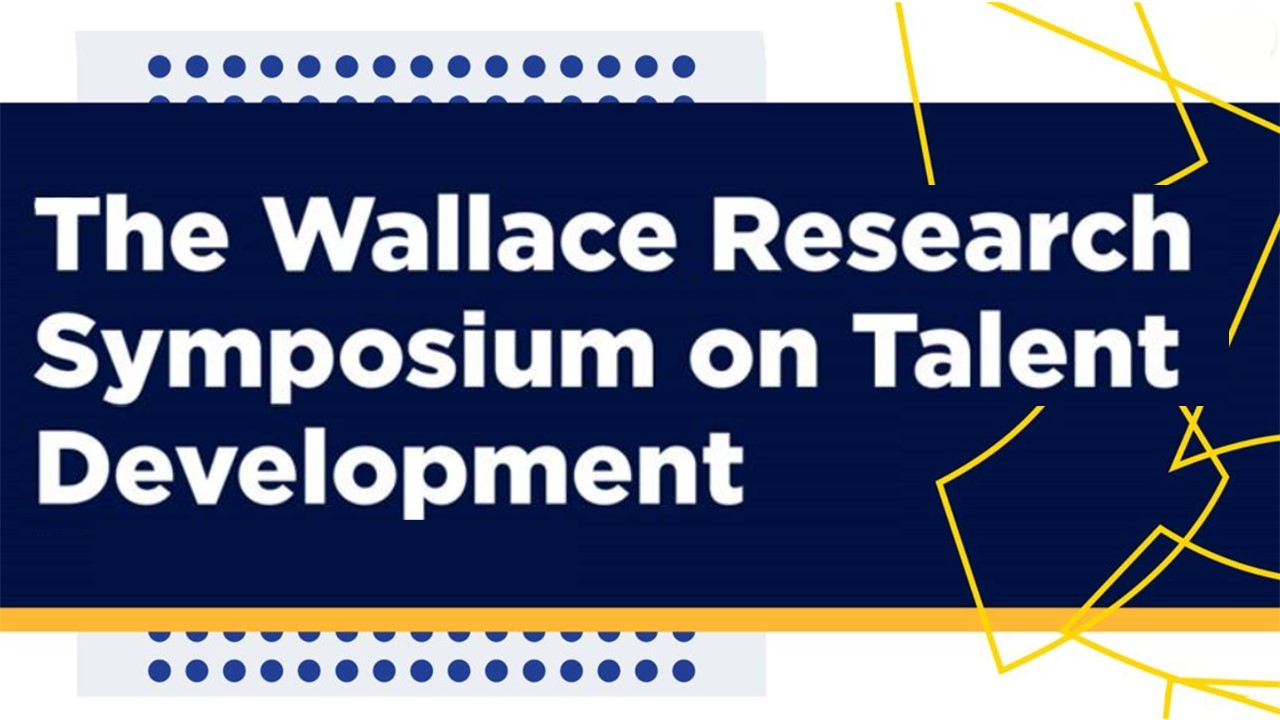
Schedule
Speakers
Campus/Building Maps
Updates
Inequality at the Starting Line: Under-Representation in Gifted Identification and Disparities in Early Achievement — Daniel Long, D. Betsy McCoach, Scott J. Peters, & Del Siegle
Tuesday, May 21, 2024, 10:45 am – 12:15 pm, Lawrence D. McHugh Hall, Room MCHU 302
Is underrepresentation of Black students, Latinx students, English learners (EL), and students from economically challenging communities in gifted programs due to inequality in early academic achievement or bias in the gifted identification process? We examine the degree to which the disparities in gifted identification are due to disparities in early achievement using 2011-2012 data from 319,300 third-grade students in three states and 2018-2021 data from 44,577 students in seven school districts. We use multilevel logistic regression to estimate the influence of demographic factors, language status, achievement tests, and ability tests on gifted identification. We find that in our three-state sample, students who qualified for free/reduced-price lunch (FRPL), EL, and Black or Latinx students were between two to eight times less likely to be identified as gifted compared to non-free/reduced-price lunch, non-EL, and White or Asian students. We find that student-level differences in early academic achievement could explain 50%–100% of these gifted identification disparities. Similarly, in our district sample, we find that ability and achievement variables account for almost all of the gifted identification disparities between racial/ethnic groups, income groups, and EL and non-EL students. Our findings are consistent with an opportunity gap explanation of underrepresentation.